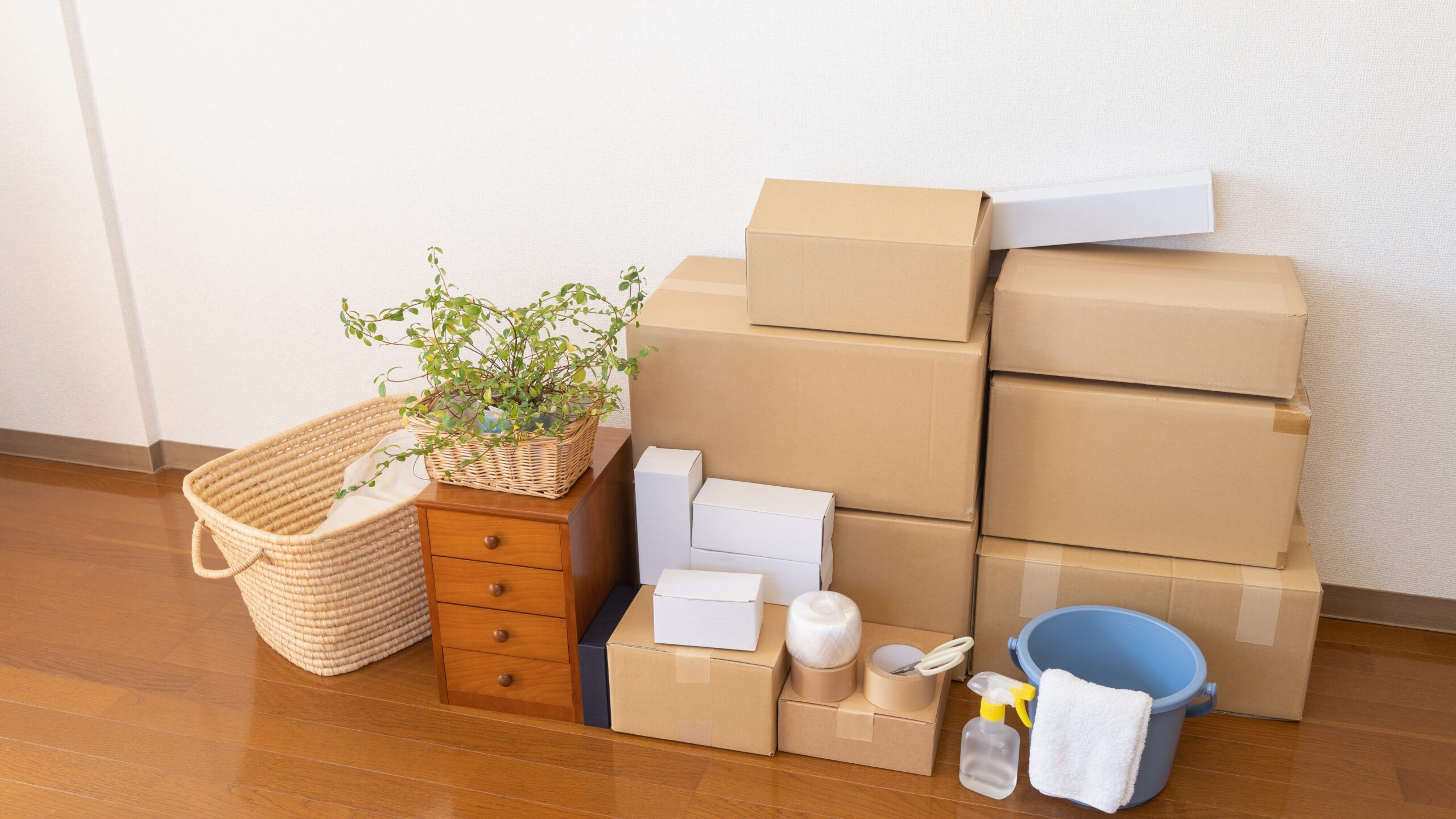The Power of Decluttering for a Simpler Life
A cluttered home often leads to mental stress, wasted time, and difficulty focusing. When our living spaces are filled with unnecessary items, our brains feel overwhelmed, making it harder to relax. Decluttering is not just about getting rid of stuff—it’s about creating a home that supports your well-being, efficiency, and peace of mind.
This guide provides a step-by-step approach to decluttering your home in a minimalist way. You’ll learn why clutter accumulates, how to let go of unnecessary items, and how to maintain a clutter-free home while ensuring it remains practical, inviting, and tailored to your lifestyle.
Outline
- Introduction: Why Clutter Causes Stress
- The Benefits of a Decluttered Home
- Understanding the Psychology of Clutter
- Step-by-Step Decluttering Strategy
- Room-by-Room Decluttering Guide
- How to Decide What to Keep and What to Let Go
- Sustainable Ways to Dispose of Clutter
- The Minimalist Approach to Storage and Organisation
- How to Maintain a Clutter-Free Home
- Conclusion: Living with Less and Loving It
1. Introduction: Why Clutter Causes Stress
Clutter isn’t just about messy rooms—it affects mental clarity, productivity, and overall well-being. Studies show that a disorganised environment increases cortisol levels, the stress hormone.
Common Reasons We Hold Onto Clutter:
✔ Emotional attachment – “This reminds me of a happy memory.”
✔ Fear of waste – “I might need this someday.”
✔ Guilt – “It was a gift, so I can’t get rid of it.”
✔ Overwhelm – “I don’t know where to start.”
Decluttering isn’t about getting rid of everything—it’s about keeping what truly serves you.
2. The Benefits of a Decluttered Home
Why Decluttering Matters:
| Benefit | Why It’s Important |
|---|---|
| Reduces Stress | A tidy home leads to a clear mind. |
| Saves Time | Less time spent searching for lost items. |
| Boosts Productivity | Fewer distractions improve focus. |
| Improves Sleep | A clean space promotes relaxation. |
| Encourages Mindfulness | Helps you appreciate what you own. |
A clutter-free space creates mental and emotional freedom.
3. Understanding the Psychology of Clutter
Many people struggle with decluttering because of psychological barriers.
Why It’s Hard to Let Go:
- Loss Aversion – We fear regretting our decision.
- The “Sunk Cost” Fallacy – Keeping something because we spent money on it.
- The Just-in-Case Syndrome – Holding onto things “just in case” we need them.
Solution: Shift your mindset—ask yourself: “Does this item add value to my life?”
4. Step-by-Step Decluttering Strategy
Follow this simple process to declutter your home efficiently:
Step 1: Set Your Decluttering Goals
✔ What do you want to achieve?
✔ Which rooms need the most work?
✔ How much time will you dedicate?
Step 2: Start Small
✔ Begin with a single drawer or shelf.
✔ Declutter for 15-30 minutes at a time to avoid overwhelm.
Step 3: Use the Four-Box Method
- Keep – Items you use and love.
- Donate/Sell – Items in good condition but not useful to you.
- Recycle – Broken items that can be repurposed.
- Discard – Items that serve no purpose.
Break it down—decluttering doesn’t have to be overwhelming.
5. Room-by-Room Decluttering Guide
Living Room
✔ Remove unnecessary décor.
✔ Keep only functional and meaningful items.
✔ Hide cables and electronics when not in use.
Bedroom
✔ Simplify your wardrobe.
✔ Remove bedside clutter.
✔ Use under-bed storage for seasonal items.
Kitchen
✔ Get rid of duplicate utensils.
✔ Organise pantry items by category.
✔ Use clear storage containers to minimise waste.
Bathroom
✔ Discard expired beauty products.
✔ Use minimal skincare and makeup.
✔ Keep surfaces clear for a clean look.
6. How to Decide What to Keep and What to Let Go
Ask Yourself These Questions:
✔ Do I use this regularly?
✔ Does this item bring me joy or serve a purpose?
✔ Would I buy this again today?
Decluttering Methods:
✔ The 90/90 Rule – If you haven’t used it in 90 days and won’t in the next 90 days, let it go.
✔ The KonMari Method – Keep only what sparks joy.
✔ The One-Year Rule – If you haven’t used it in a year, it’s time to say goodbye.
If an item doesn’t add value to your life, it’s just taking up space.
7. Sustainable Ways to Dispose of Clutter
Decluttering should not lead to excessive waste.
Where to Donate or Sell Items:
✔ Charity shops – Clothes, furniture, electronics.
✔ Online platforms – eBay, Vinted, Facebook Marketplace.
✔ Community giveaways – Freecycle or Buy Nothing groups.
How to Recycle Unwanted Items:
✔ Clothing & textiles – Look for textile recycling programs.
✔ Electronics – Many stores accept old devices for recycling.
✔ Books – Donate to libraries or community centres.
Declutter responsibly—don’t just throw everything away.
8. The Minimalist Approach to Storage and Organisation
Minimalism doesn’t mean having no storage—it means using storage wisely.
Best Storage Tips for a Clutter-Free Home:
✔ Use hidden storage (under-bed bins, ottomans with compartments).
✔ Choose multipurpose furniture (e.g., a coffee table with drawers).
✔ Keep countertops clear—store items in cabinets instead.
✔ Label containers to maintain order.
Good storage = a clean, minimalist home.
9. How to Maintain a Clutter-Free Home
Decluttering isn’t a one-time task—it’s a lifestyle habit.
Daily Minimalist Habits:
✔ The “One In, One Out” Rule – If you buy something new, let go of something old.
✔ 5-Minute Daily Declutter – Spend 5 minutes tidying up each day.
✔ Avoid Impulse Buying – Ask yourself if you truly need it.
Consistency is the key to a minimalist home.
10. Conclusion: Living with Less and Loving It
Decluttering isn’t about getting rid of everything—it’s about keeping what truly matters. A minimalist home is calm, organised, and stress-free.
Key Takeaways:
✔ A clutter-free home = a clutter-free mind.
✔ Decluttering is a step-by-step process—start small.
✔ Use sustainable disposal methods to reduce waste.
✔ Minimalist organisation keeps your space functional.
✔ Consistency prevents clutter from returning.
Challenge: Declutter one drawer or shelf today and feel the difference.
Minimalism is about intentionality, simplicity, and freedom. Are you ready to embrace a clutter-free life?








